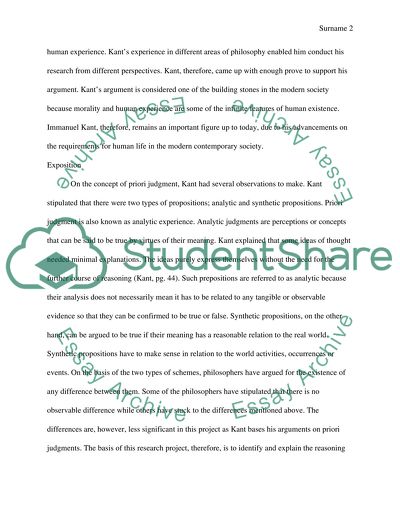Cite this document
(“Introduction the Critique of Pure Reason Research Paper”, n.d.)
Introduction the Critique of Pure Reason Research Paper. Retrieved from https://studentshare.org/philosophy/1693023-introduction-the-critique-of-pure-reason
Introduction the Critique of Pure Reason Research Paper. Retrieved from https://studentshare.org/philosophy/1693023-introduction-the-critique-of-pure-reason
(Introduction the Critique of Pure Reason Research Paper)
Introduction the Critique of Pure Reason Research Paper. https://studentshare.org/philosophy/1693023-introduction-the-critique-of-pure-reason.
Introduction the Critique of Pure Reason Research Paper. https://studentshare.org/philosophy/1693023-introduction-the-critique-of-pure-reason.
“Introduction the Critique of Pure Reason Research Paper”, n.d. https://studentshare.org/philosophy/1693023-introduction-the-critique-of-pure-reason.


